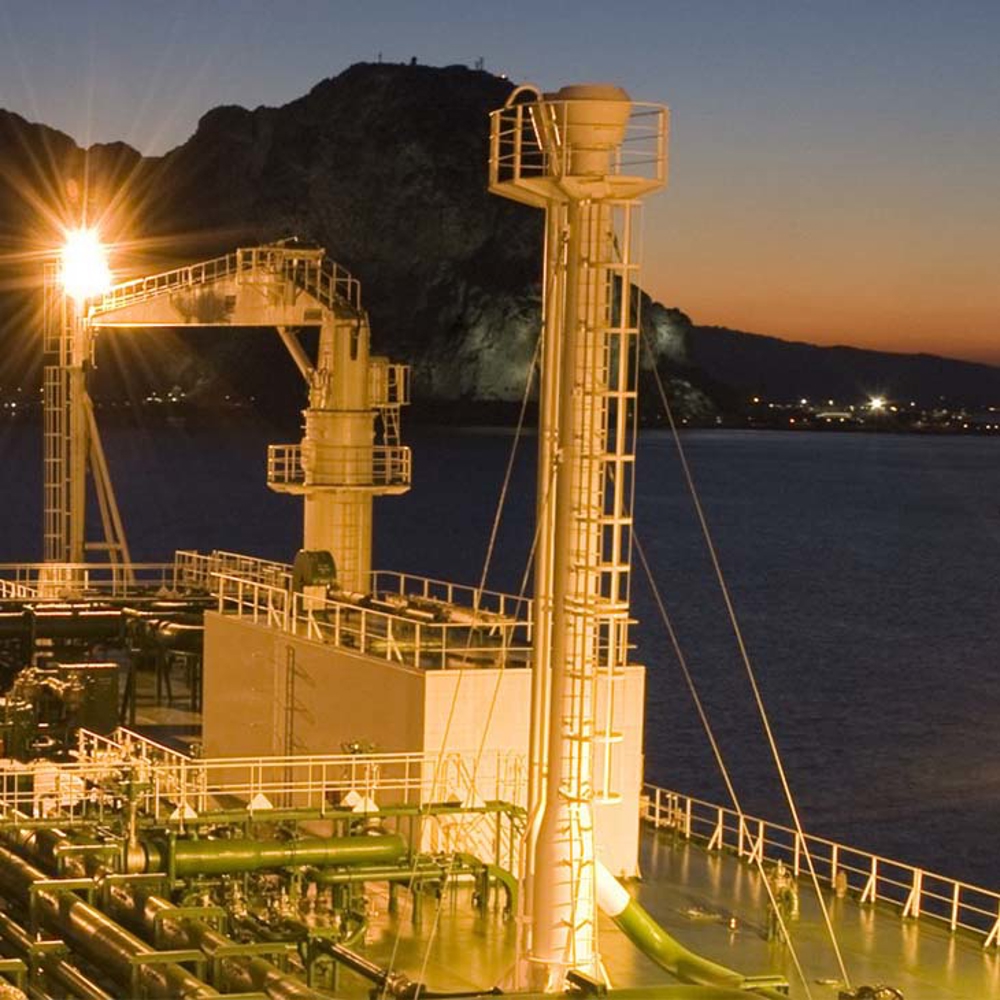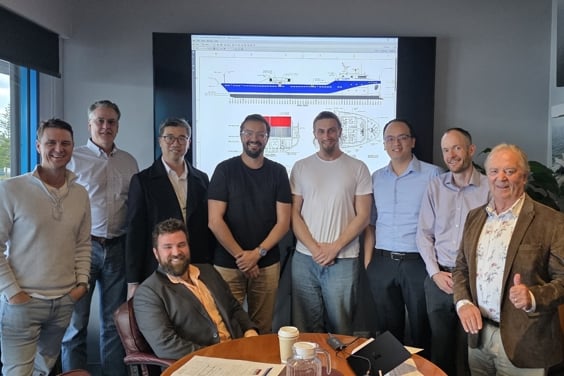In the last 30 years how do you see the industry has changed? How has your company adapted to these changes?
The most obvious change is the dominant role that China plays in global trade compared with around 30 years ago. Everything from equipment manufacture, design of vessels, shipbuilding, ship operating, and the trading of vessels is dominated by China's economy and its demand for raw materials and export of finished products.
Lloyd's Register has adapted to these changes by scaling up its operations in China, particularly in the period between 2006 to 2012 when our local team grew from 200 colleagues to around 900. I had the pleasure of leading the LR’s business in China during that time and it is always rewarding for me to come back and meet all my friends both clients and colleagues who I worked together with during those very dynamic years in China's maritime economy.
What major shifts have you seen in the last 30 years in terms of government policy which has either helped or hindered your business?
China’s government plans for the long term while in other parts of the world, government policy can stray into short-term decision making. One of the great benefits of Chinese policymaking is its focus a five-year horizon as well as beyond. An example is the way that the shipbuilding industry was controlled during the boom period of 2007-2008. The shipping industry could have found itself in a much more difficult situation if many more shipyards had entering shipbuilding then were actually permitted. The market has since adjusted, and growth rates are more sustainable. The adjustment was less painful than it could have been due to the long term government policy.
Has internet technology and in particular ecommerce and IOT (internet of things) affected your company?
As world's oldest classification society, Lloyd’s Register has focused for 259 years and for 150 years in China on the safety of ships - not just on the assets, but the environment where those ships operate and the people onboard. Developments around digitalization and improved connectivity of systems onboard ships and between ship and shore offer some fantastic benefits to enhance safety at sea as well the environmental protection of assets whether fixed offshore assets or oceangoing vessels. Technology also offers significant opportunity for reducing the environmental footprint of international trade and shipping and also the safety and welfare of people on board.
How has your company had to evolve in terms of product offering in order to adjust to the changes in the industry?
Lloyd’s Register has been using technology to enhance the products and services we offer our clients. We have been working to use data that is collected from sensors on board ships to drive our assurance regime or a classification regime. At present, that regime is time based – the calendar dictates when we must undertake annual surveys and special surveys. I would like that assurance regime to be driven by data that gives us confidence about the condition of the vessel, the way it is operated and the capability of the management company.
"Marintec is a key event in the global maritime calendar and a showcase of innovation, technology and expertise."
Being an exhibitor for over 30 years now at Marintec China, how would you describe your relationship with this event?
Lloyd’s Register is hugely proud of its association with China and 2019 is a particularly special year because we celebrate 150 years since we first located a surveyor to Shanghai. At that time, our surveyors in the country were inspecting assets that had been built in other parts of the world, today of course, that's very different. Our association with vessels built in China began shortly after China's open-door policy in the early 1980s, when the Regent Tampopo was delivered from Dalian Shipyard with LR Class in 1982, and we became the first international classification society to be involved in a modern new construction vessel in China.
What do you get excited most about when returning to Marintec China at each edition?
LR sees China as a country where it is mutually beneficial to share experience and support the sustainable and safe growth of the maritime industry. I spent seven years of my career living in Shanghai and supporting the industry, it's always a pleasure to come back and see industry friends and learn about the latest opportunities and challenges.
There is always a risk that exhibitions could involve the same faces talking about the same things. But with many things in China, the pace of change is faster, particularly if I compare Shanghai to perhaps the West. It doesn't seem that long since we were at Marintec in 2017 when LR was very proud to be playing its role with China's first smart ship, “Great Intelligence”, designed by Shanghai Merchant Ship Design and Research Institute (SDARI) and built at Guangzhou Wenchong Shipyard Co., Ltd (GWS), a subsidiary of China State Shipbuilding Corporation.
I'm very much looking forward to this year’s event and learning more about how the industry is working to address the challenges around decarbonisation and developing credible designs for zero-emission vessels.
How would you describe Marintec China to someone who has never visited?
Marintec is a key event in the global maritime calendar and a showcase of innovation, technology and expertise. It’s worth your time to attend and understand the pace at which the industry is evolving.
This interview was first published in Marintec China in August 2019:










